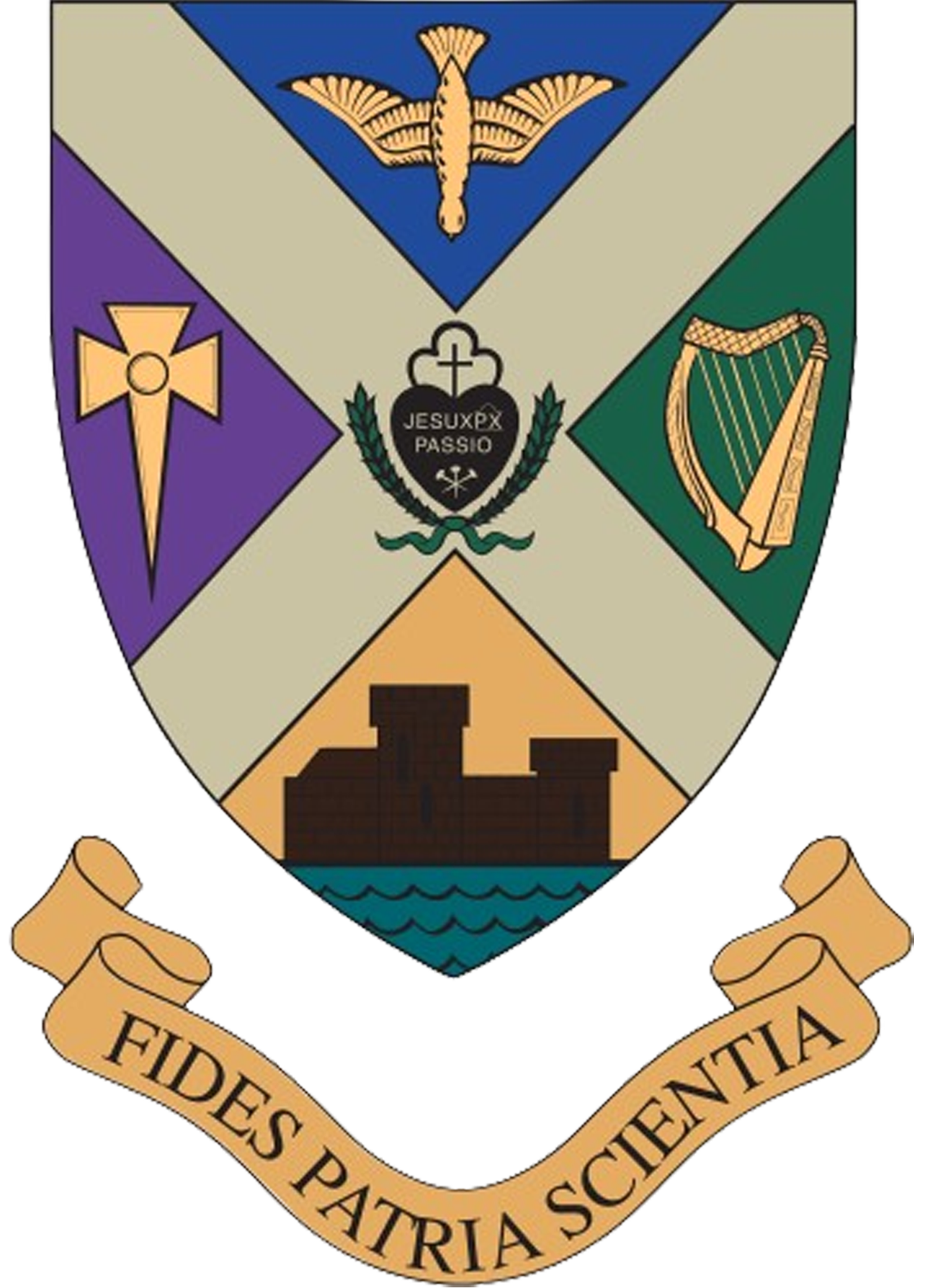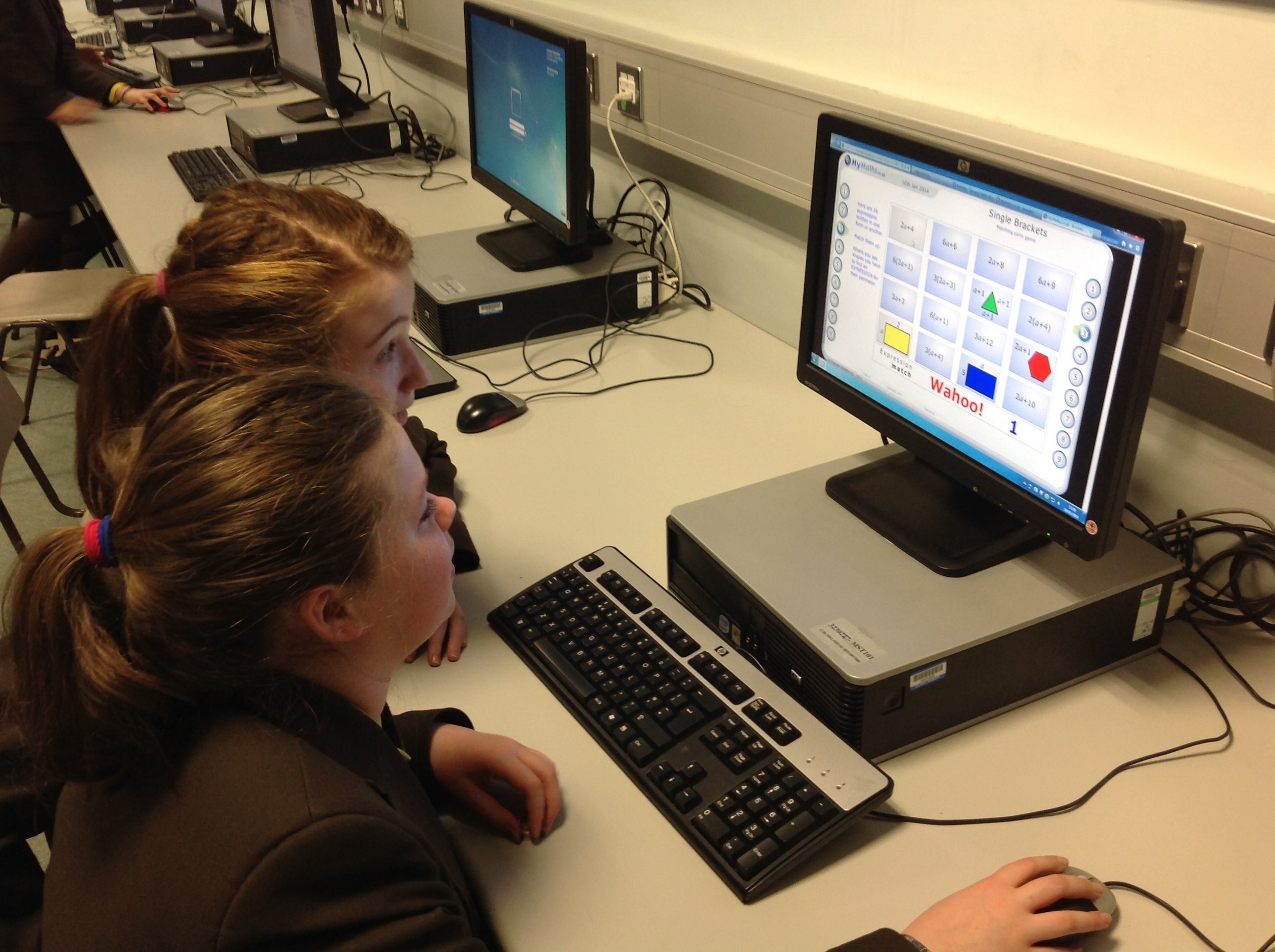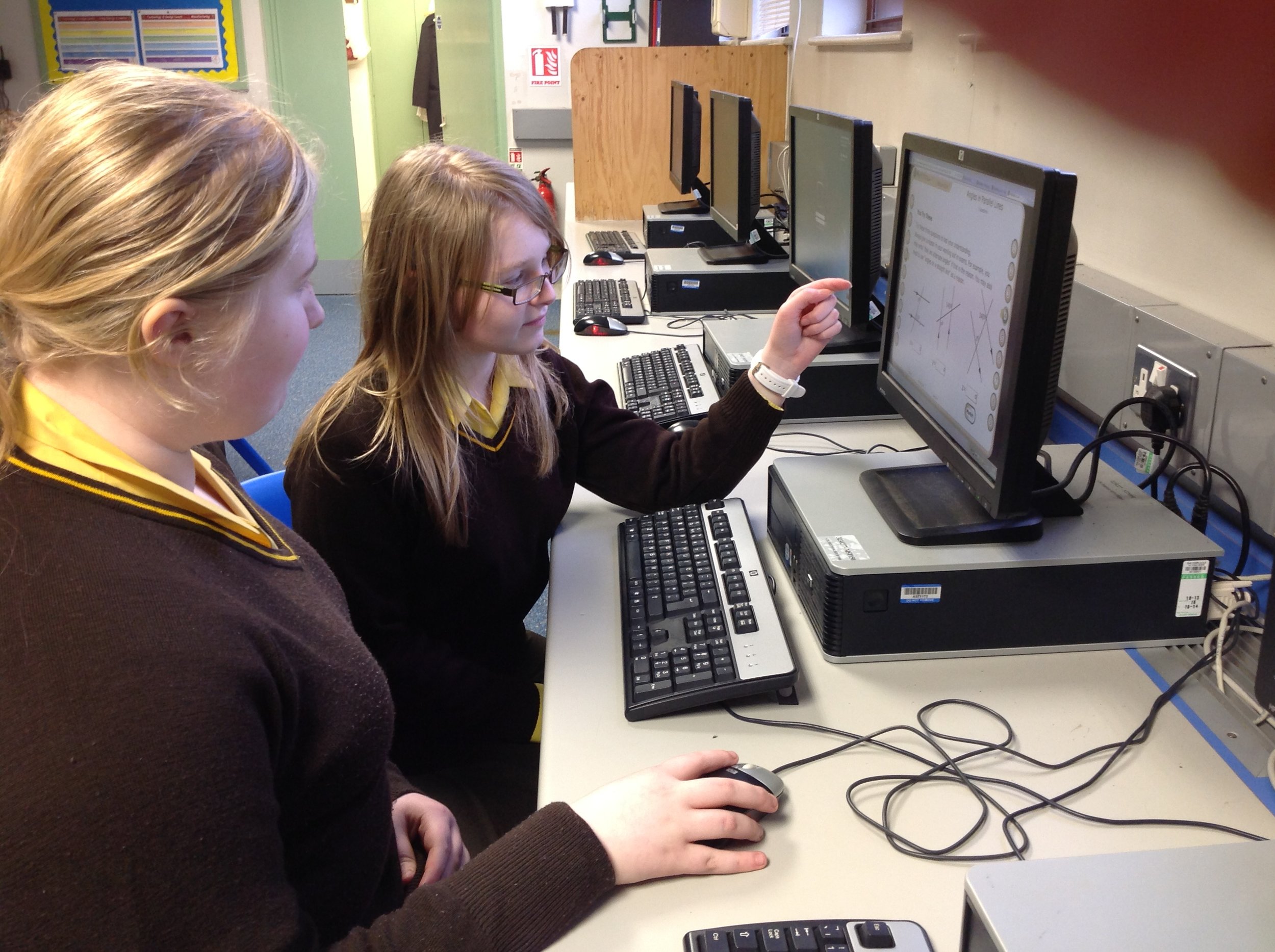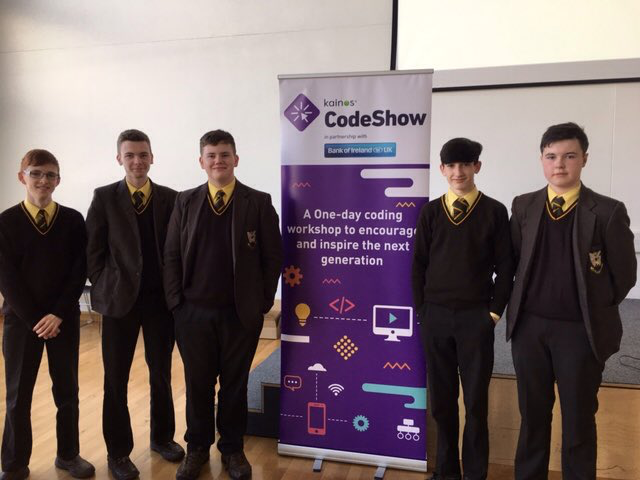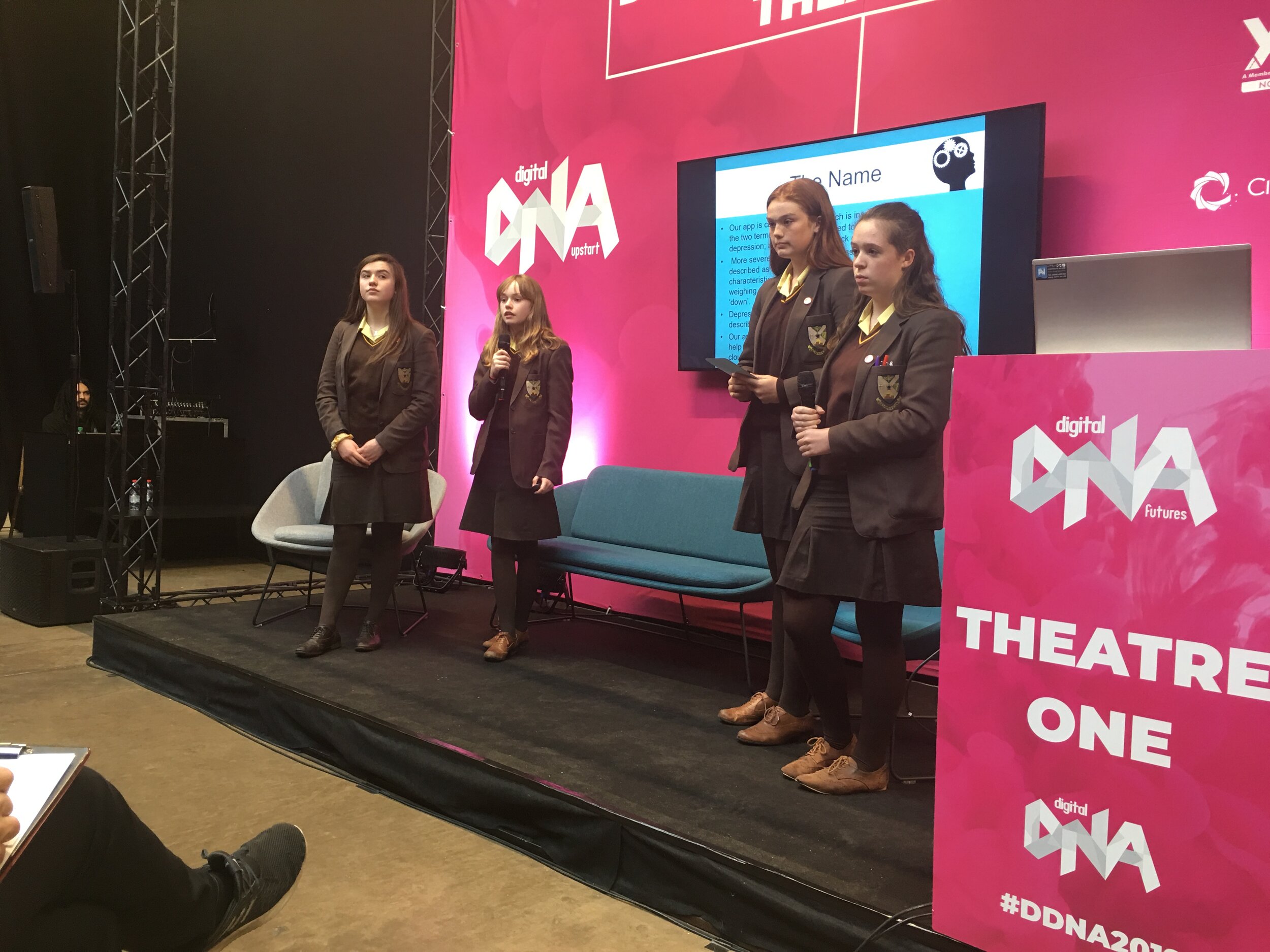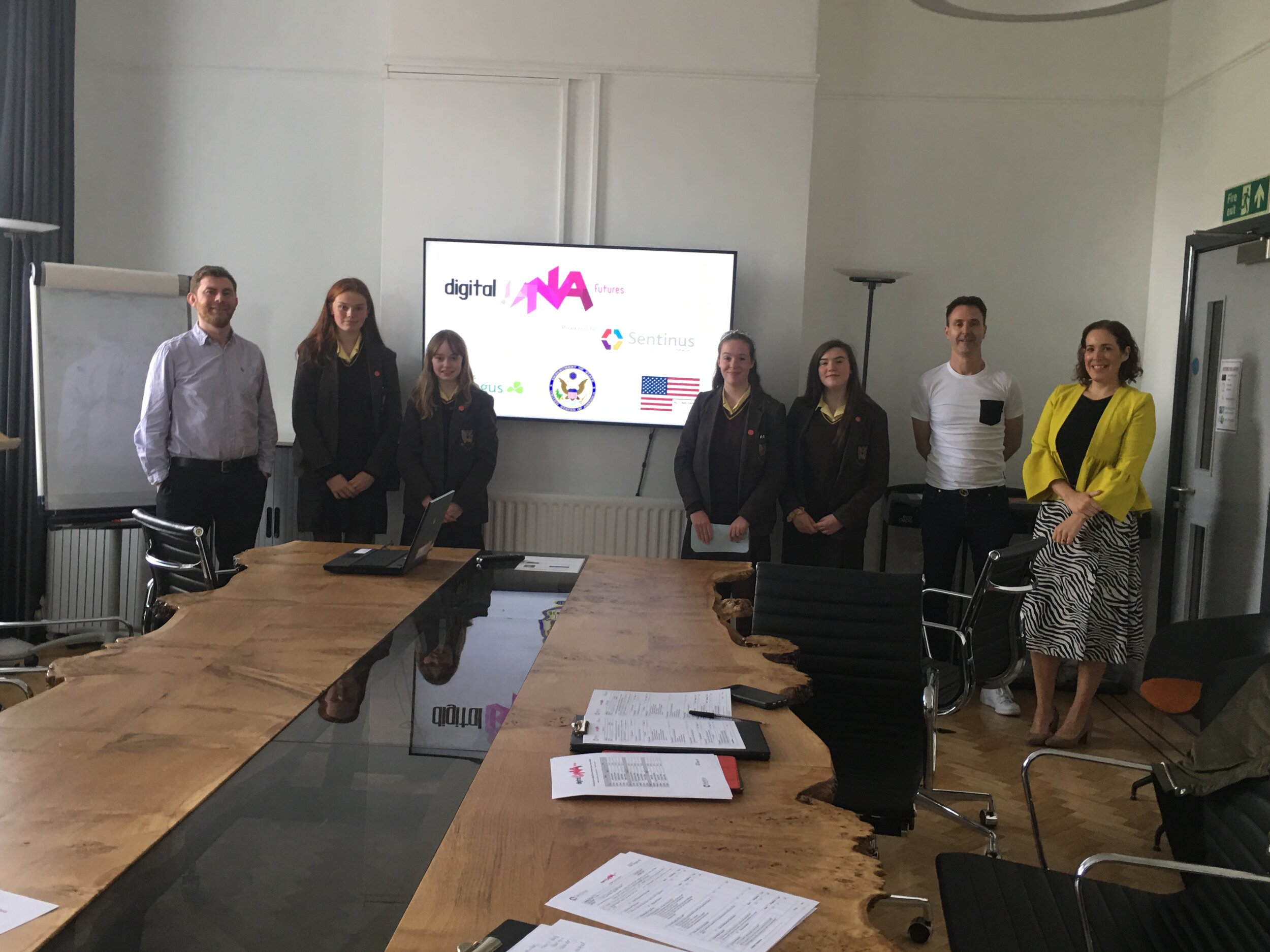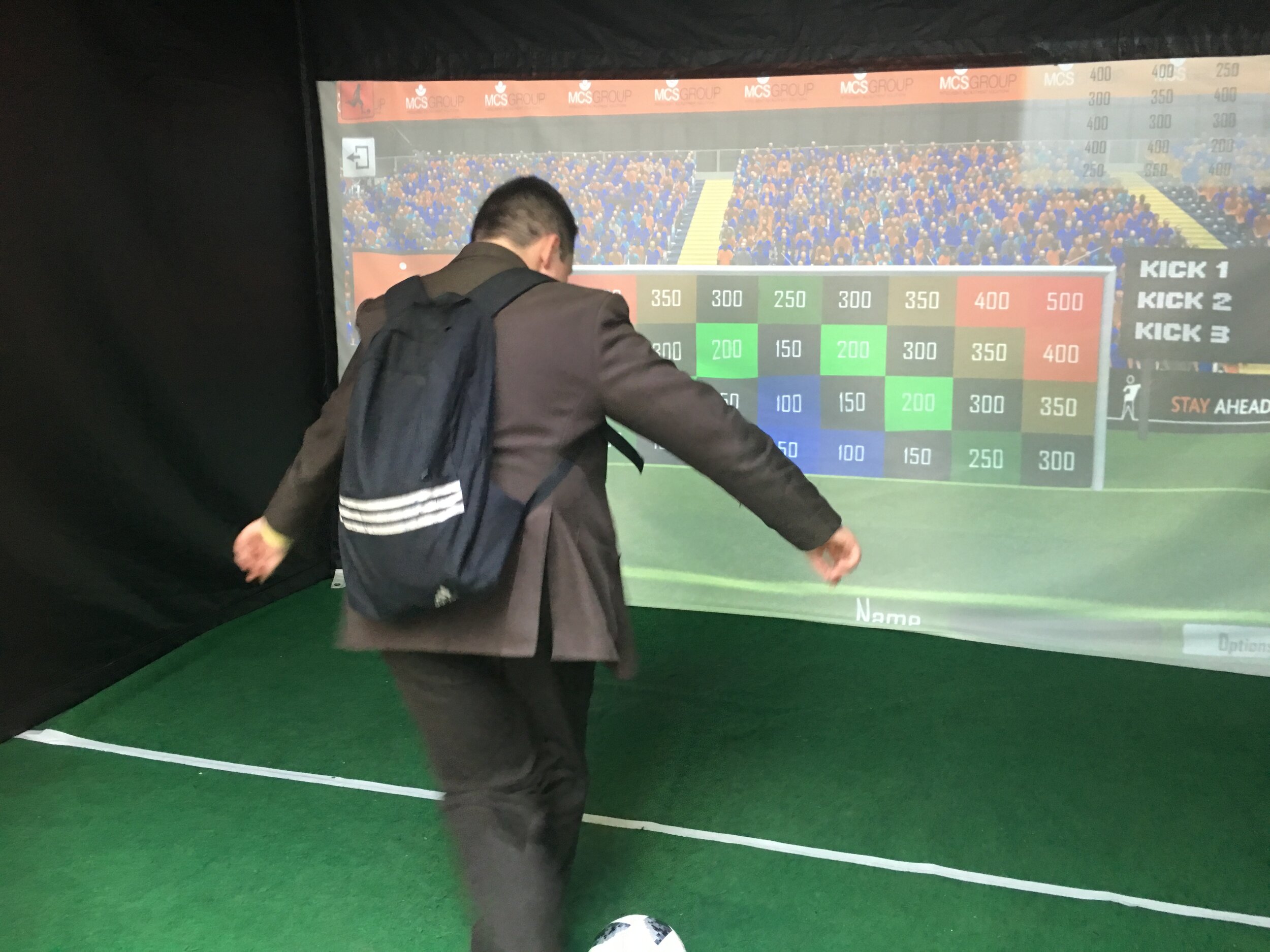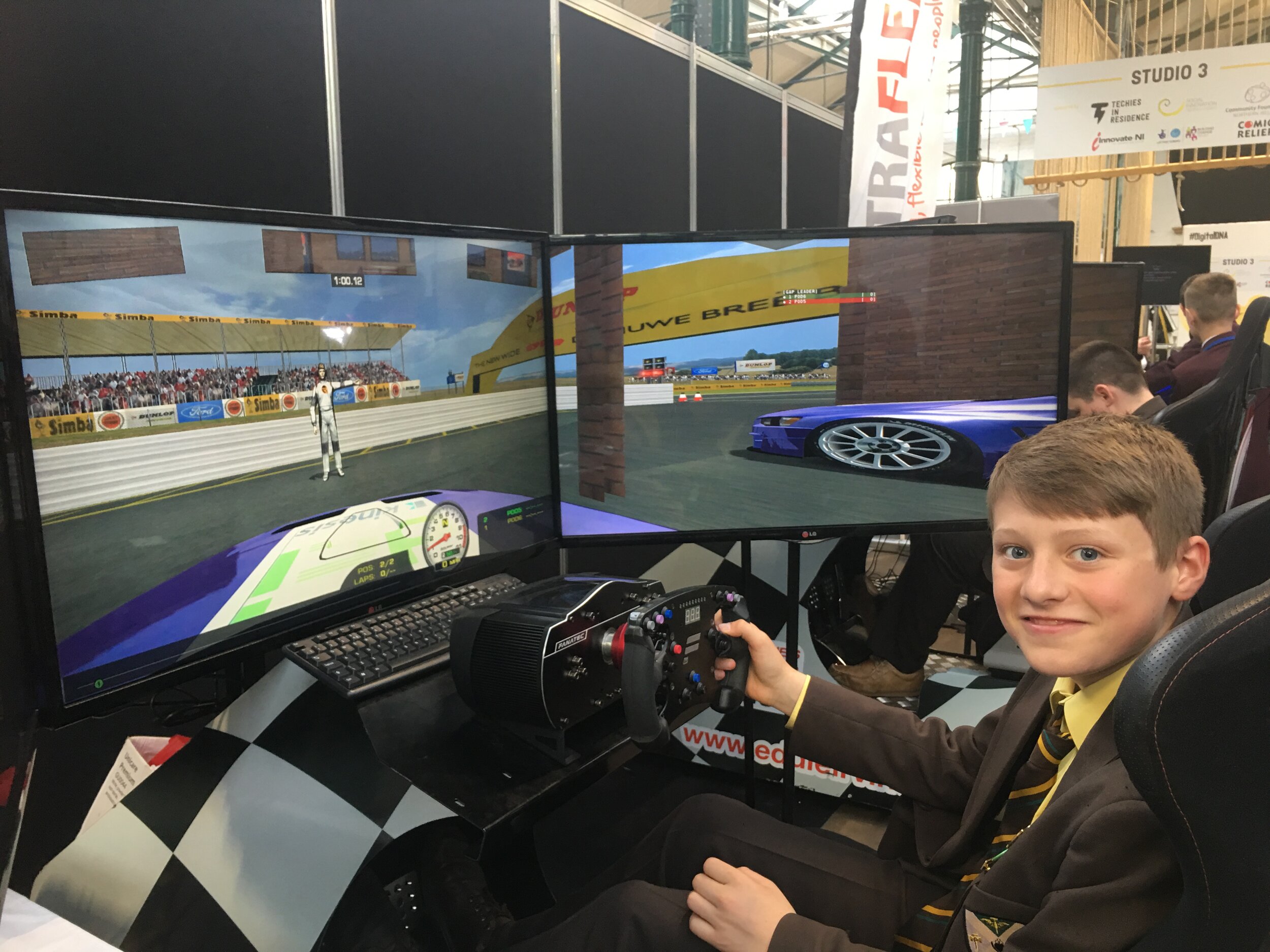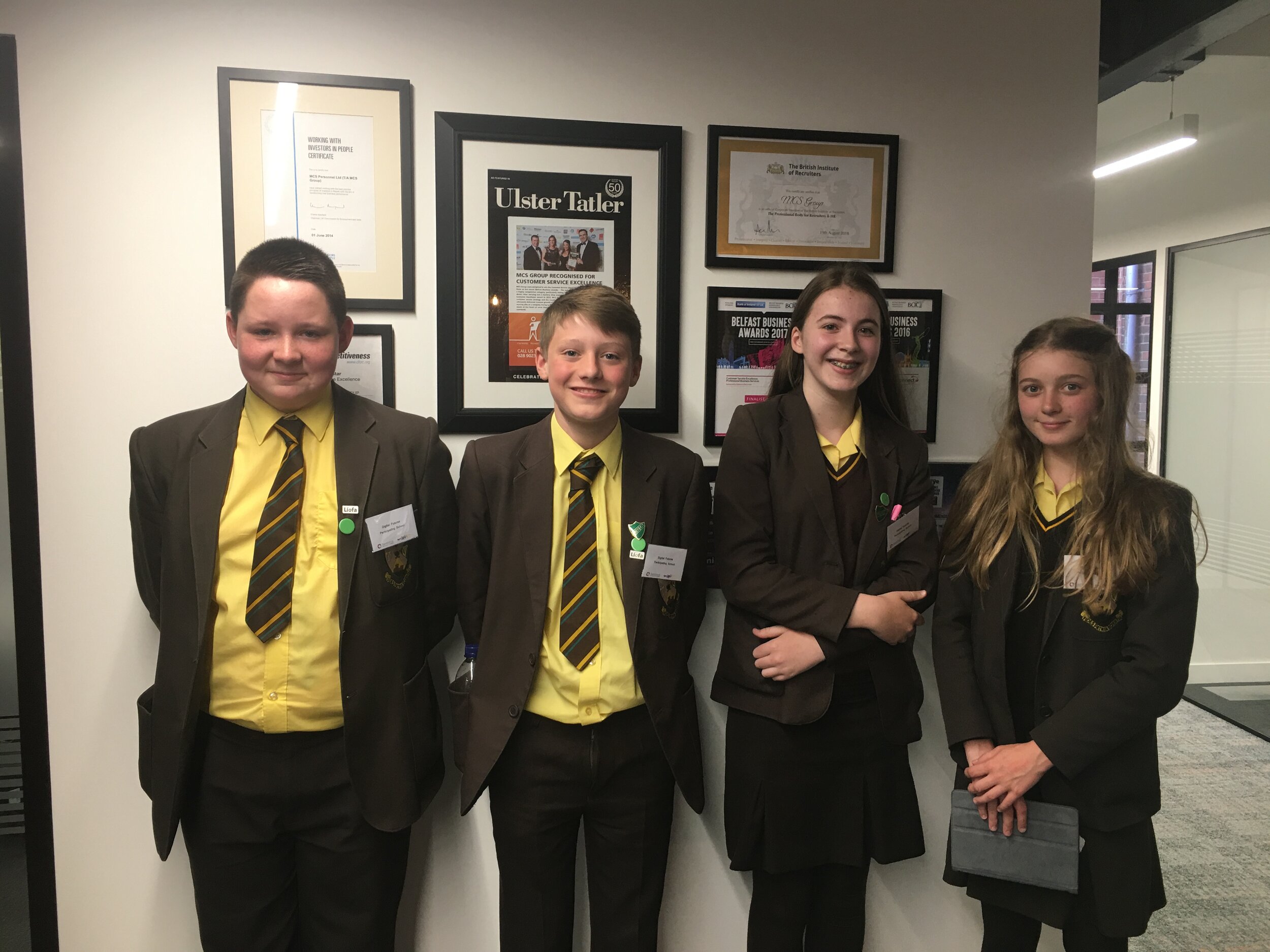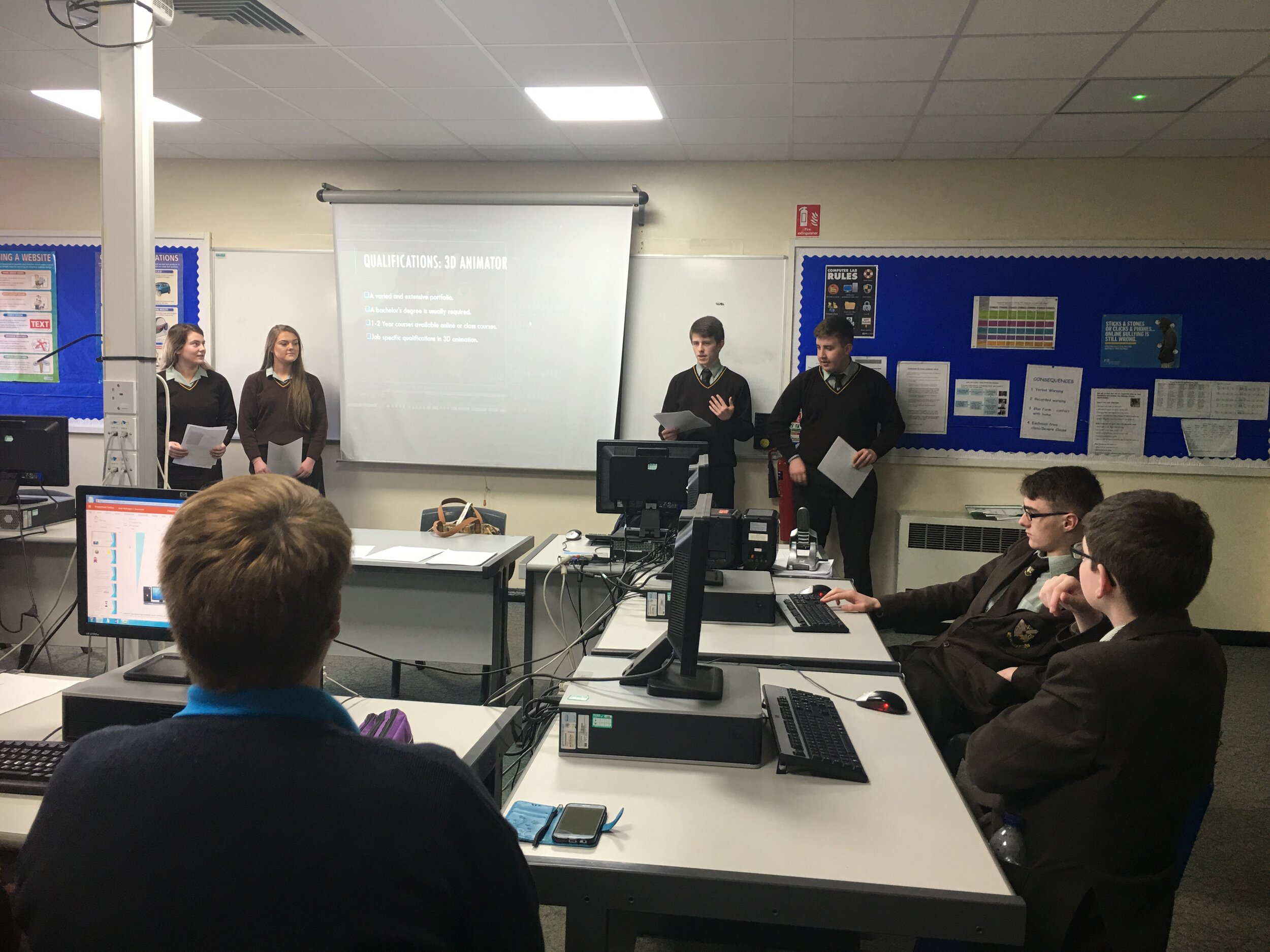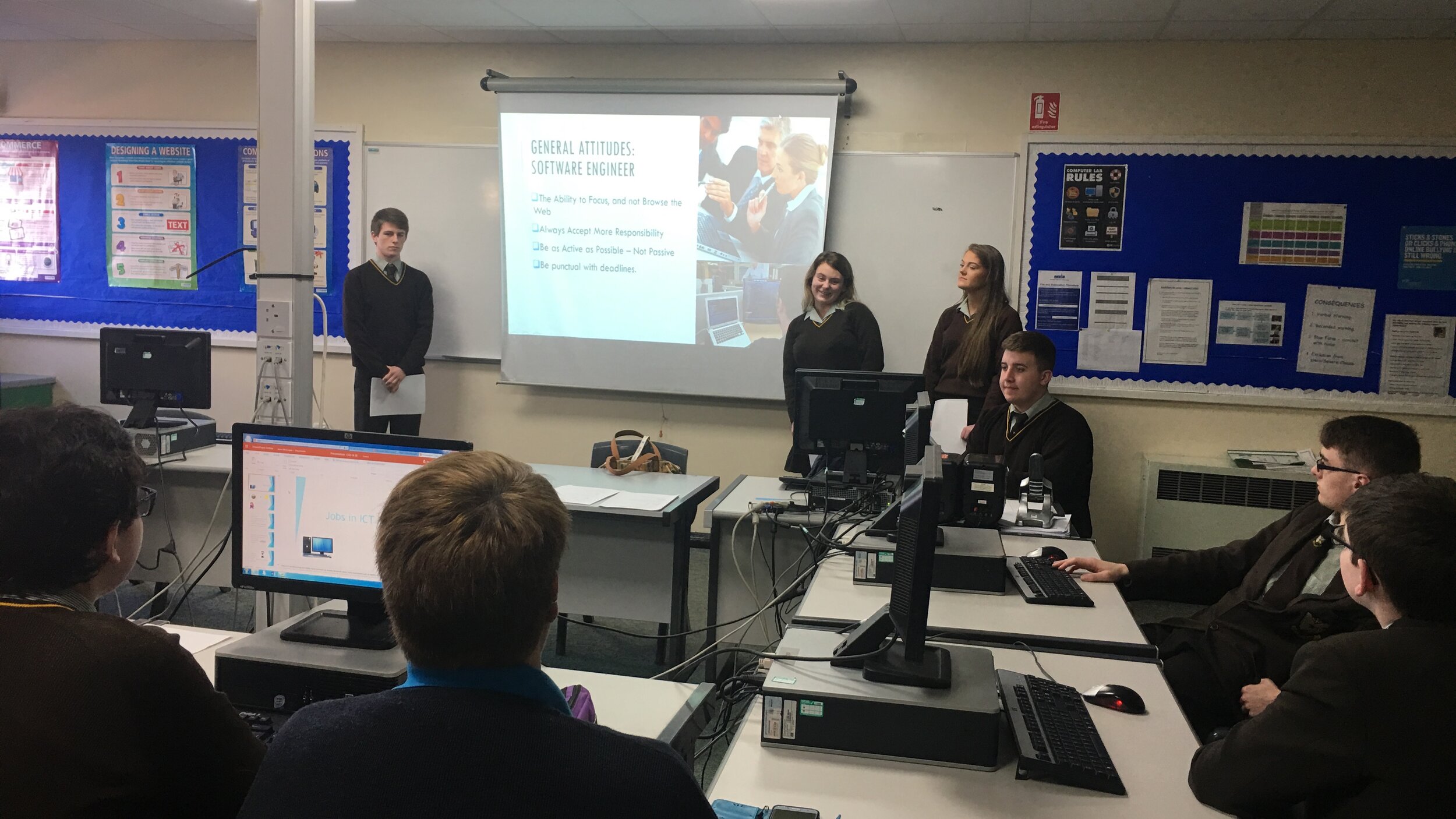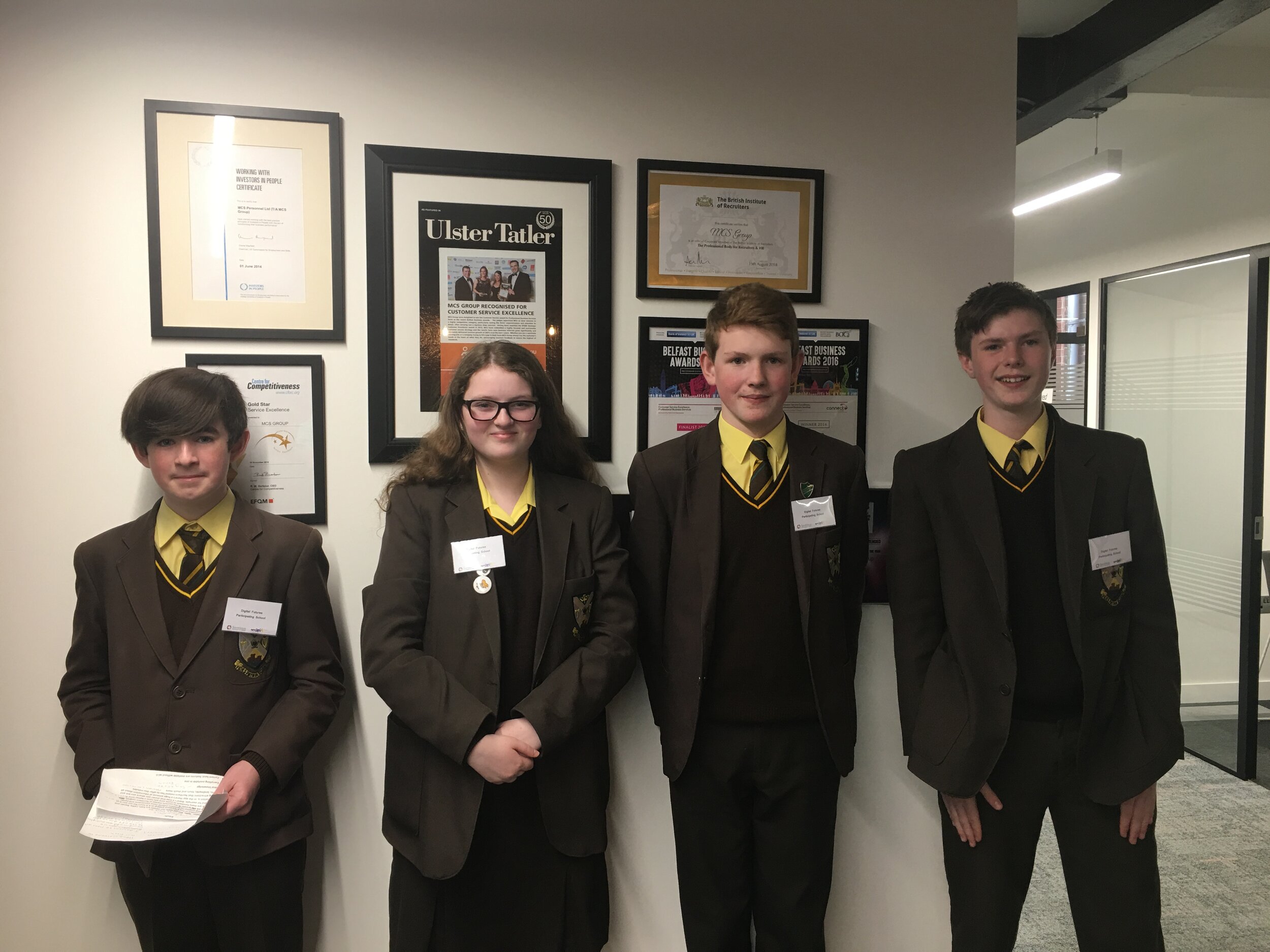Aims
Information and communications technology (ICT) is at the heart of every organisation and is central to our daily lives: mobile communication, computer games, touch screen technology, satellite navigation devices– the list is endless.
The sector is responsible for developing software, internet, computer gaming, IT services, telecommunications and business change necessary to succeed in today’s global digital economy.
ICT careers range from IT support and service technician roles to software and systems development, web design, consultancy and management, business analysis and network engineering roles.
Staff
Mrs D Gomez (HOD)
Ms M Duffin
Ms E Irwin
Mr B Parke
Key Stage 3
ICT forms a vital part of every pupil's developing knowledge, understanding and experience. Pupils need a broad range of experiences that reflect real-world uses of digital technology, to include:
Networks and VLE
Office 365
E-safety
Using ICT effectively: email, social media, backing up data
Creating and editing digital images
Scratch
Python Programming
Spread sheet modelling
Database Development
HTML coding and website production
Game Development
GCSE
GCSE Digital Technology (CCEA)
This course lasts two years. The course is designed to encourage students to become independent users of digital technology.
Unit 1: Digital Technology (Written Exam) 30%
Unit 2: Digital Authoring Concepts (Written exam) 40%
Unit 3: Digital Authoring Practice (Controlled Assessment) 30%
GCSE Business Communication Systems (CCEA)
A two-year course that aims to encourage students to study IT within business communications.
Course Outline
Unit 1: Software Applications for Business (Written exam) 40%
Unit 2: The Business Environment (Written exam) 35%
Unit 3: Developing Digital Solutions (Controlled Assessment) 30%
Post-16
OCR Cambridge Technical IT – Application Development
Level 3 Introductory Diploma
This course is equivalent to one A-Level and will provide progression opportunities within related areas of study at university or other institutions.
The course consists of five units over two years for the completed qualification:
Students need to study the following mandatory units:
1 Fundamentals of IT: Externally Assessed
2 Global Information: Externally Assessed
3 Application Design: Internally Assessed
Two further optional units will be studied.
All units offer both theory and practical sessions to maximise understanding within this highly specialised work-related qualification.
Career opportunities with Information Technology
Now considered a key industry within the UK's fast-growing digital sector, skilled graduates can choose from the range of information technology (IT) careers on offer.
What areas of IT can I work in?
With one million people employed in the UK's IT industry, now is a great time to specialise in an area that interests you, such as:
· Computer forensics
· Content management
· Cyber security and risk management
· Data analysis and analytics
· Game development
· Geographical information systems (GIS)
· Hardware engineering
· Information management
· IT consultancy (business and technical)
· IT sales
· Multimedia programming
· Software engineering (designing, building, developing and testing)
· Systems/network management
· Technical support
· Telecommunications
· Web design/development.
Extracurricular
There are a number of competitions throughout the school year for pupils to participate, such as Sentinus Digital DNA. A competition that encourages to create a unique app idea and pitch it to industry experts in Belfast.
In IT there are lots of opportunities such as our trip to Microsoft Headquarters in Dublin, that allowed the pupils to see the possible career opportunities within the industry and to experience programming with Microsoft experts.
